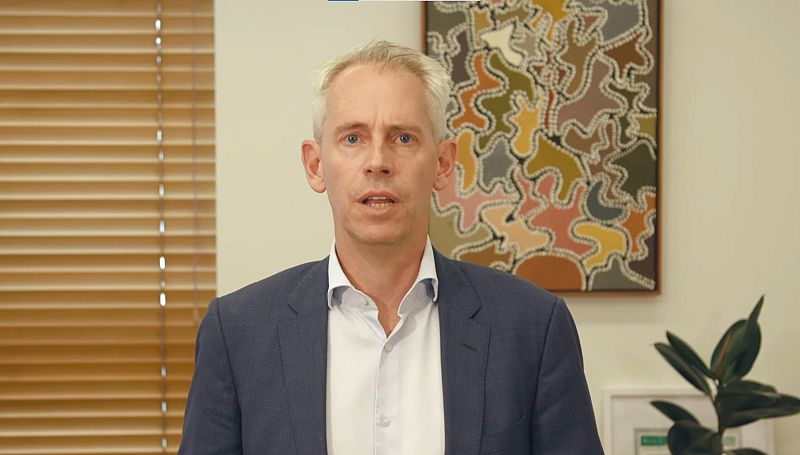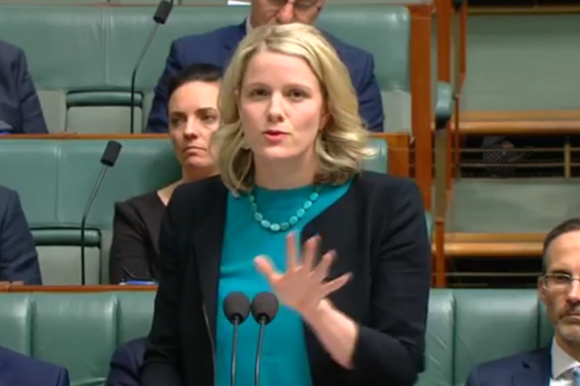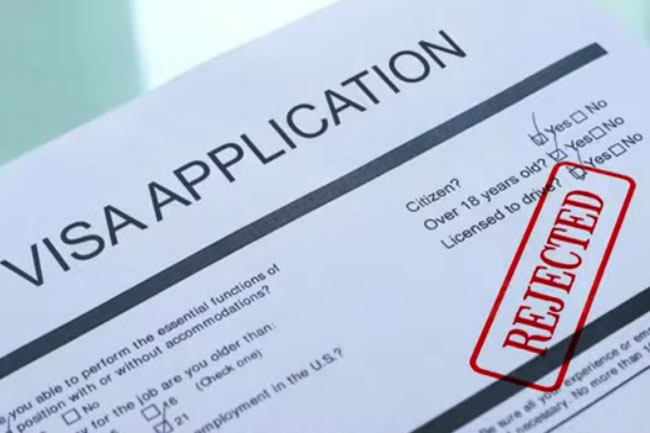Calls for parent visa reform are increasing, but questions remain over the feasibility of these ambitious demands, writes Dr Abul Rizvi.
PARENT VISAS are one of the most wicked aspects of immigration policy.
Peter Mares' report on Australia's approach to parent migration outlines some of the challenges as well as the history going back to the Fitzgerald report in 1988 when it proposed the new "balance of family" test for parent migrants. (I recall being in the Finance Department costing the changes proposed by Fitzgerald.)
Mares writes up a number of heartbreaking stories from the approximately 137,000 applicants for permanent parent visas.
It should be noted this is only a portion of total demand. There are many more potential parent visa applicants who are deterred by the decades-long waiting times, high costs, as well as the impact of the "balance of family" test which requires at least half the parent’s children to be Australian citizens or permanent residents.
There are three crucial reasons migrant settler nations such as Australia, Canada, New Zealand and the U.S. are not more generous with parent visas.
First, a key rationale for immigration policy in migrant settler nations is to slow the rate of population ageing. A significantly larger parent cohort, permanent or long-term temporary, would dilute that benefit.
Second, the average cost of a person over 60 years migrating to Australia permanently is estimated by the Productivity Commission and the Treasury at over $400,000 to the government's budget.
Finally, there is the question of access to health and aged care services. The waiting times for many health and aged care services are currently very lengthy and are highly likely to get worse as the population ages further. A major increase in the parent cohort would, all other things equal, make these wait times even longer.
Against that background, it is highly unlikely any government would significantly increase the number of permanent parent places which have been held at around the current level for almost 30 years, hence the lengthy queue.
The Parkinson review suggests:
- The introduction of a visa lottery for parent visas; and
- A cheaper, more attractive temporary visa for five years for parents which might replace a permanent program.
There are two problems with the idea of a permanent parent lottery. Firstly, what happens to people who are already in the parent queue and secondly, how would that be an improvement if the number of parent places is unchanged? In my experience, a visa lottery solves very little and usually creates new problems such as will likely be the case in the Pacific Engagement Visa.
Mares has suggested there be a one-off clearance of the current parent backlog. But clearing the backlog is not cost-free. For that to proceed, the Minister for Immigration Andrew Giles would need to find offsetting savings for the cost impact on the budget. That would run into the many billions of dollars over just the forward estimates let alone the costs over the long term.
There is no chance the Minister for Immigration could find the offsetting savings and given the current level of government debt, it is unlikely Prime Minister Anthony Albanese would agree to those costs just going to the budget bottom line.
Parkinson also seems to be suggesting the permanent parent visa be closed to new applications. That would require support in the Senate, which may not be forthcoming.
Parkinson suggests a ‘cheap and affordable, long-term temporary parent visa’ which presumably would be more generous than the existing long-stay temporary parent visa. There are two issues that arise with that suggestion.
First, the private health insurance product for such a visa would not be cheap. No private health insurance fund is going to develop a "cheap" long-stay, private health insurance product for elderly people who have no access to Medicare.
The second issue is that after a parent has been living in Australia long-term, finding a way to encourage them to leave is extraordinarily difficult. Involuntary removal of an elderly parent inevitably attracts massive media attention making it a nightmare for the government.
Currently, a Sponsored Parent (Temporary) Visa enables an eligible parent to visit for up to three or five years with the possibility of extension for a maximum stay of ten years. There is no "balance of family" test with this visa or an assurance of support requirement.
The applicant must have a history of not having breached previous visa obligations and meet the health requirement. The latter can be a significant barrier for elderly parents and the medical officer of the Commonwealth can require the applicant to sign a health undertaking.
The applicant is also required to hold adequate private health insurance which in many circumstances will be very expensive. Reciprocal health agreements can also be relevant in this space. The private health insurance is on top of the application fee of $5,735 for a three-year visa and $11,470 for a five-year visa.
The number of people on this temporary parent visa has been rising steadily and at the end of August 2023 was 6,691. In addition, there would be a substantial number of parents on short and long-stay visitor visas or a bridging visa having applied for a permanent parent visa or some other type of visa after arrival.
In cases where the latter become ill and have to go to hospital, most state public hospitals will treat these people who then accrue a debt to the state government because they have no access to Medicare and no private health insurance. There are reports these debts are rising.
It will be interesting to see how the major parties proceed in this area as the political pressure mounts, including through reports on parent visas by the ABC. That pressure usually becomes intense during an election campaign when politicians are more susceptible to making silly promises they cannot keep once in government.
Dr Abul Rizvi is an Independent Australia columnist and a former Deputy Secretary of the Department of Immigration. You can follow Abul on Twitter @RizviAbul.
Related Articles
- Under Labor, corporate executives to face 25 years gaol for workers killed
- OECD accused of pressuring Albanese Government to weaken tax evasion laws
- Contrary to Coalition claims, business is booming across Australia
- Albanese Government must take action against Robodebt masterminds
- Australia's cruel deportation laws forsake dying father
 This work is licensed under a Creative Commons Attribution-NonCommercial-NoDerivs 3.0 Australia License
This work is licensed under a Creative Commons Attribution-NonCommercial-NoDerivs 3.0 Australia License
Support independent journalism Subscribe to IA.














